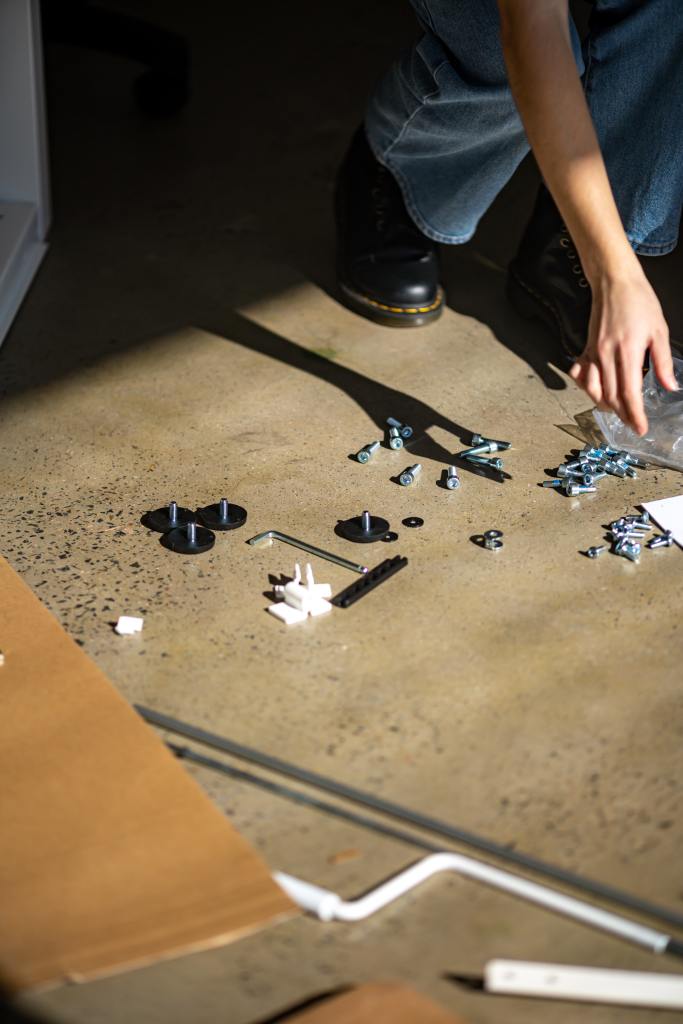Hi everyone,
Apologies for the late update, I’ve been clinically busy while working the weekend.
We – Palliverse and the family of “Poppa” and “Junior” are still trying to find a way to make their reunion happen.
With the family’s permission here is a photo from yesterday morning’s ward round:

“Aloha” from Saturday morning from two guys who are fashion-forward? Poppa is trying to hold on for Junior.
The link to Poppa and Junior’s Story was shared through the social media by myself, the Palliverse community and the family.
I was pleasantly surprised that the link to the post appeared as a headline on Friday 13th May’s edition of the #hpmglobal paper.li – Thank you very much Jim Cleary!
I was informed by the family that one of NZ’s national papers had contact them and they were interviewed last night.
This resulted in the following story appearing this morning:
I’m checking out a few more traditional media leads in order to spread the word further.
I’m also trying to contact sailing clubs as suggested by others’ helpful comments.
Fingers are still crossed.
Update 18/05/16 1700 NZT:
Poppa is still holding on, but is getting mighty fatigued.
Junior is on the mend which is good to hear.
Since the NZ Herald on Sunday story we have received a number of helpful emails.
Apparently another NZ newspaper has shown interest in running our story.
I’ve emailed a number of NZ radio shows, an Australian newspaper, and whatever else that myself and other people can think of. I’ve started writing a letter to Santa Claus, the tooth fairy and others in the Pantheon.
Received by Palliverse today was an email from one of the major shipping companies with a desire to “try to make it happen.” I have passed on the details to the family to make direct contact.
This is the most promising lead so far.
Fingers crossed to the power of 10! Say your prayers folks.











